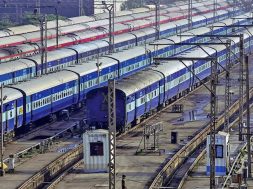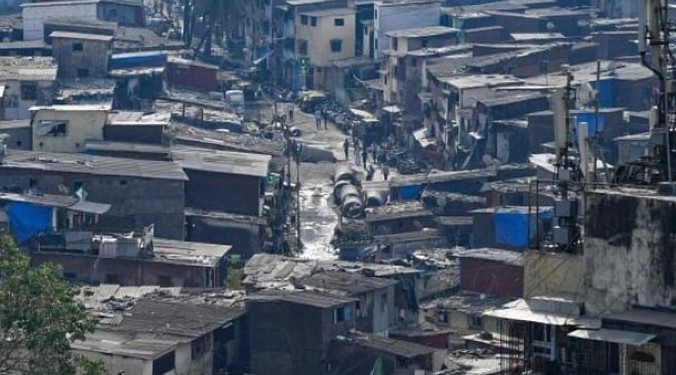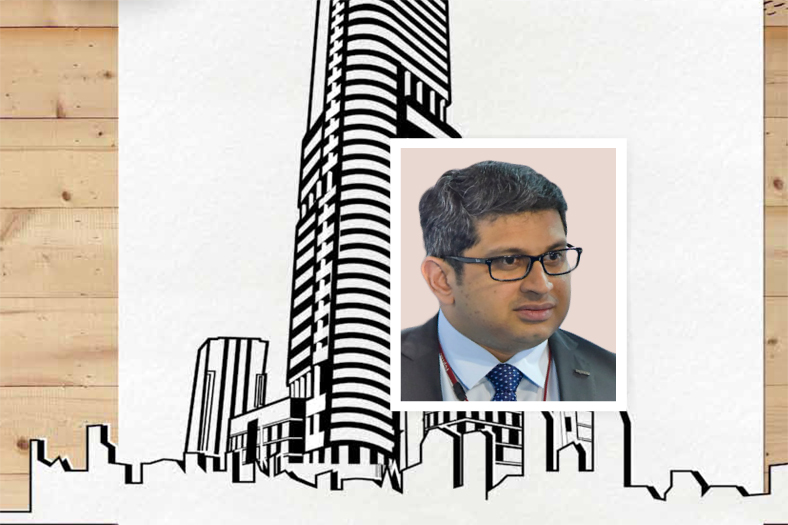Sustainability refers to right use of resources

India has to adopt lean construction practices, reduce the use of cement, reduce construction and demolition waste and resort to energy conservation in order to make our construction industry sustainable.
Vijay Kalantri, Chairman and Managing Director, Dighi Port Ltd
The construction industry is a key sector of the Indian economy and contributes significantly to the national GDP. The sector also provides large scale employment to the country’s population. With our country witnessing over 6 per cent growth in recent times, there are bright prospects for the construction industry, believes Vijay Kalantri, Chairman and Managing Director, Balaji Infra Projects Ltd. Moreover, he observes, India is on course to becoming a global manufacturing hub with the Prime Minister’s ambitious ‘Make in India’ initiative. The construction industry encompasses power, roads, ports, civil aviation and housing among others and the total investment during the 12th Plan (2012 – 2017) period has been projected at Rs 38 lakh crore. The sector is also attracting large scale investments from overseas sources and the total foreign direct investment received in construction development sector from April 2000 – September 2017 stood at $10.70 billion (Rs 66,063 crore) accounting for 3 per cent of the total FDI inflows (in terms of US $) in the country.
Kalantri adds, “In keeping with the demands of a growing economy, the construction sector is constantly striving to modernise and upgrade its operations.”
How to bring sustainability?
Briefing on how to bring sustainability in to Indian construction industry, Kalantri says, “Sustainability refers to efficient use of resources throughout the life cycle of an industry, right from raw material sourcing to operations management to waste disposal. Rapid urbanisation is one of the factors causing environmental damage. India being a developing country is looking at increasing its infrastructure footprint. However, while there is a huge demand for real estate as well as transport infrastructure in India, the same should not come at the cost of environment. India has to adopt lean construction practices, reduce the use of cement, reduce construction and demolition waste and resort to energy conservation in order to make our construction industry sustainable.”
Practises followed to bring sustainability
Informing about the practices to bring sustainability Kalantri says, “The Dighi Port, with extensive port limits, a dedicated approach channel and state-of-the-art cargo handling equipment, efficient and effective port operations leads towards highest productivity and total road and rail connectivity. Dighi Port ensures speedy turnaround of the vessels and substantial savings in transaction cost and time for the port users or shippers.”
The Dighi Special Economic Zones (SEZ) will have customised warehouses, freezer and cooler facilities, break bulk, containerised and dry cargo facilities, controlled humidity warehouses, enhanced integrated logistics network utilities and support infrastructure and world-class technology back bone along with systems and processes.
Expectation from policy makers
“Land availability, environmental clearances, non-availability of finance due to rising NPAs with banks and delays in project completion are the major challenges faced by private construction companies in India,” points out Kalantri. These factors dissuade private players from participating in infrastructure development in the country at a time when investments are not picking up as they run the risk of their projects becoming unviable. “We expect the government to address these issues to give a major push to the construction industry and encourage the PPP model in the sector. This is also important considering that the sector is a major employment provider to the unskilled labourers in the country who are susceptible to the weak economic environment,” he adds.
Cookie Consent
We use cookies to personalize your experience. By continuing to visit this website you agree to our Terms & Conditions, Privacy Policy and Cookie Policy.









